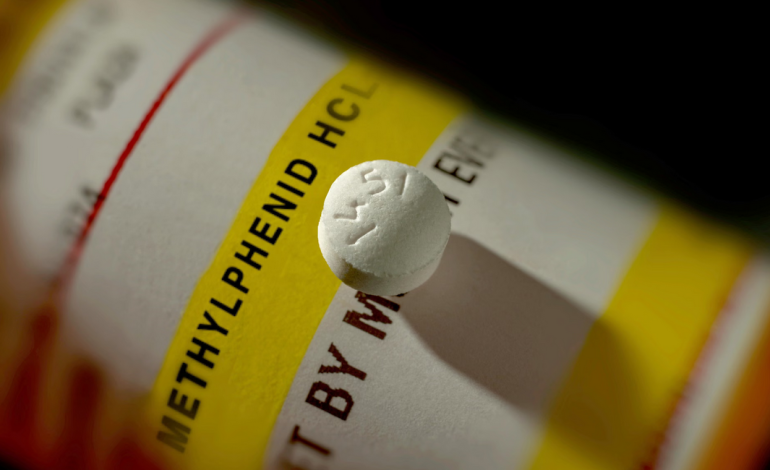ADHD medication has long been known for helping people sit still, stay focused, and rein in impulsive behaviour. But a massive new study out of Sweden suggests the benefits go way beyond that — we’re talking fewer car crashes, less substance misuse, reduced criminal behaviour, and even lower suicide risk.
Researchers from the Karolinska Institute and the University of Southampton dug into the medical records of nearly 150,000 people aged 6 to 64 who were newly diagnosed with ADHD. Just over half started drug treatment — most of them on methylphenidate (Ritalin). When they compared outcomes, the medicated group came out ahead in some surprising ways:
17% lower risk of suicidal behaviour
15% lower risk of substance misuse
12% lower risk of transport accidents
13% lower risk of criminal behaviour
And for people who had multiple run-ins with these problems, the drops were even bigger — up to 25% lower for both substance misuse and criminal behaviour.
The idea is that ADHD meds help control the impulsivity and distraction that can lead to risky situations — whether that’s making a reckless decision behind the wheel or self-medicating with drugs or alcohol.
“Now we have evidence these drugs can reduce those risks,” says lead author Prof. Samuele Cortese.
ADHD affects about 5% of kids and 2.5% of adults worldwide, but plenty of people never get diagnosed — and for those who do, long waits and medication shortages can mean years without treatment. Experts warn that leaving ADHD untreated doesn’t just make school or work harder — it can spiral into serious mental health struggles, injury, or ending up in the criminal justice system.
Of course, meds aren’t magic. They don’t work for everyone, and they can bring side effects like headaches, loss of appetite, and sleep problems. This study also can’t prove medication directly caused the improved outcomes — there could be other factors at play. But with such a huge dataset and careful analysis, the findings give more weight to the idea that treating ADHD has ripple effects far beyond better report cards or meeting deadlines.
As Prof. Adam Guastella from the University of Sydney puts it:
“If ADHD medication works for you or your child, there are likely to be many other positive impacts on life. It’s not just about attention — it’s about reducing the risks that come with untreated ADHD.”
BBC, the Guardian, and the Independent contributed to this report.










The latest news in your social feeds
Subscribe to our social media platforms to stay tuned